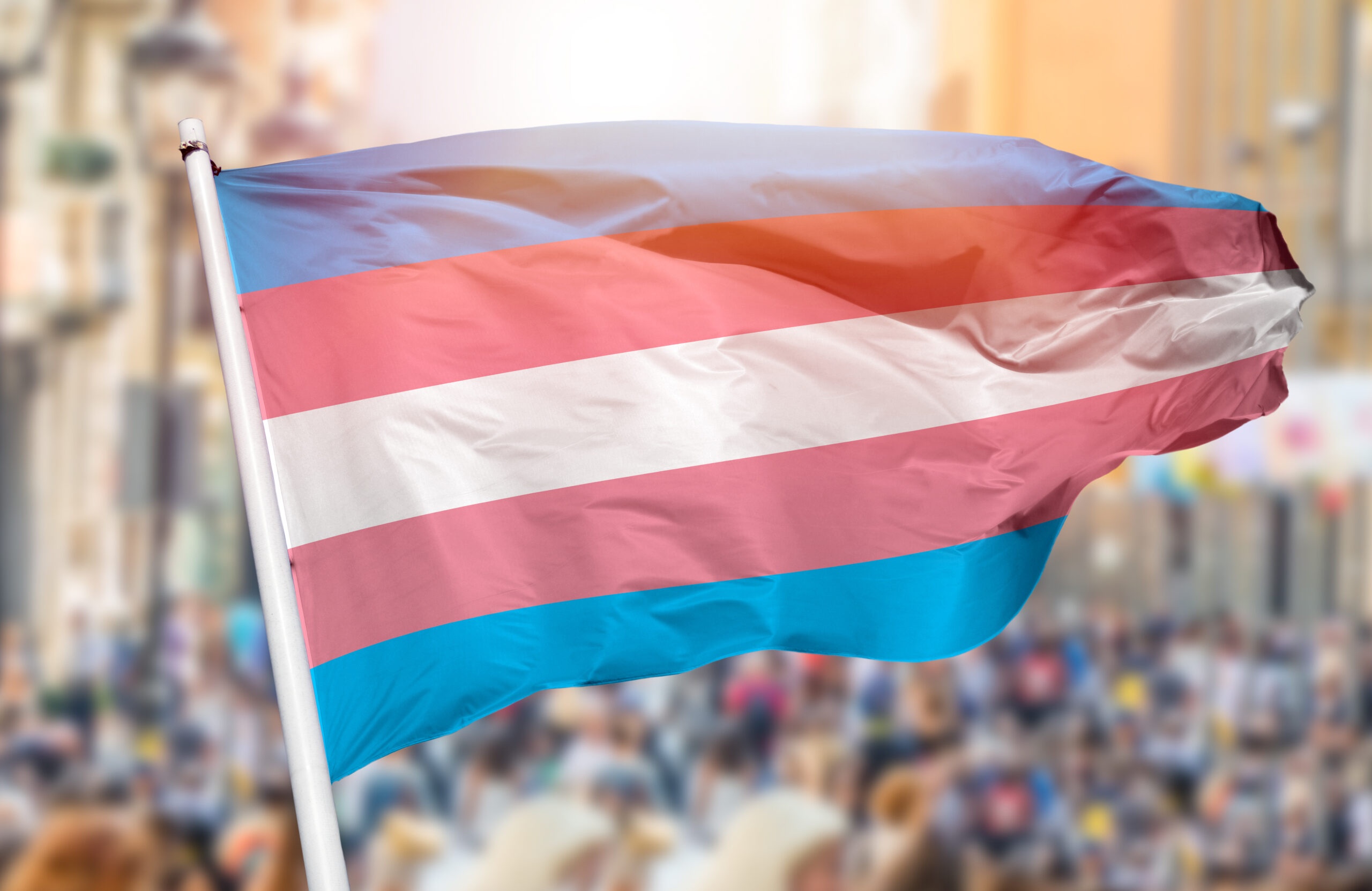Abortion rights, women of color, and LGBTQI+ people are under attack. Pledge to join us in fighting for gender justice.
NWLC Responds to Supreme Court Oral Arguments in 303 Creative, LLC v. Elenis
(Washington, D.C.) This morning, the U.S. Supreme Court heard oral arguments to decide whether a graphic design company can turn away LGBTQ customers because of who they are. The Court’s decision in this case, 303 Creative, LLC v. Elenis, puts at risk longstanding civil rights laws that promote equal access and participation in the marketplace for all, including women, people of color, and LGBTQ people. Deciding in favor of the business would not only threaten LGBTQ individuals planning their weddings, but the rights of all.
In August, NWLC led an amicus brief along with 35 additional advocacy organizations urging the Court to reject the company’s argument and uphold Colorado’s Anti-Discrimination Act. The brief highlighted how anti-discrimination laws have facilitated the participation of women and LGTBQ people in society. We specifically named how women, and especially women of color and LGBTQ women, would be harmed by such an exception to our civil rights laws. Allowing exceptions to anti-discrimination laws could allow companies to exclude marginalized groups. We urge the Supreme Court to uphold these core protections and rule in favor of Colorado’s civil rights laws.
The following is a statement from Sunu Chandy, Legal Director of the National Women’s Law Center:
“Make no mistake: Today’s oral arguments underscore the fundamental rights at stake in this case, including for LGBTQ people, people of color, women, people with disabilities, and people of all faiths. If the Supreme Court decides to toss away its own precedents, there would be little to stop businesses from discriminating against customers not only based on sexual orientation, but also because of other characteristics like race, sex, disability, religion or national origin. A print shop that disapproves of women working outside the home could refuse to make business cards for women. A jeweler opposed to interfaith marriages could refuse to design jewelry for a mixed-faith couple. A family photographer with white supremacist beliefs could refuse to offer their services to a Black family. The Court must reject this approach, prevent second-class citizenship, and ensure all companies are open for business for all.”
***
Update: June 30, 2023 – Today the majority on the Supreme Court ruled that a website designer can refuse to provide custom wedding website services to LGBTQ+ couples. This decision, while legally narrow and focused on creative and expressive services, and focused on solely the wedding website service, may be used to embolden some businesses who wish to completely turn away LGBTQ+ or other individuals based on identity. NWLC will continue to fight for LGBTQ+ rights, and the rights of all of us to be free from discrimination, including in the context of public accommodations. We must also urge the U.S. Congress to pass the Equality Act to provide more explicit federal rights for LGBTQ+ people in many critical contexts.





